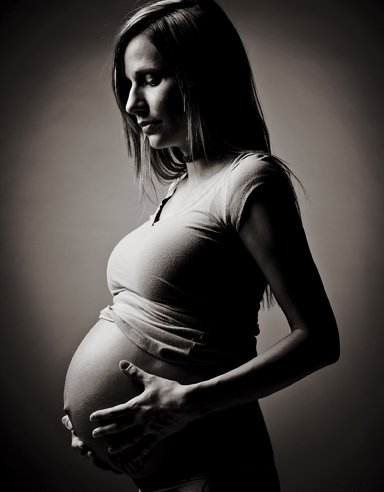When a woman is carrying one baby, it is called singleton pregnancy. When she is carrying two or more babies, it is called a multiple pregnancy. Women who are expecting more than one baby are concerned because they are at risk to certain pregnancy complications.
One of the complications of multiple pregnancy is premature birth. When babies are born prematurely, they become prone to serious health problems as soon as they are born, and they are also exposed to permanent disabilities and even death. Most babies in a multiple pregnancy are born prematurely because the more babies there are in a multiple pregnancy, the lesser is the length of pregnancy. Most singleton pregnancies last up to 39 weeks; for twins, about 35 weeks; for triplets, last in 32 weeks; and for quadruplets, they last up to 29 weeks.
Another complication is the low birthweight of the multiples. This happens simply because they are born prematurely and so there is poor fetal growth. When this is the case, there is an increased risk of health problems at birth, but lasting disabilities are apparent like mental retardation, cerebral palsy, loss of vision and loss of hearing as well.
Twin-twin transfusion syndrome (TTTS). TTTS takes place in the placenta, when a connection between the blood vessels of two babies may occur and this will cause one baby to get too much blood flow and the other too little. Until recently, severe cases often resulted in the loss of both babies.
Preeclampsia: Women are more exposed to preeclampsia when they are expecting twins more than twice as likely as women with a singleton pregnancy. Preeclampsia is diagnosed when pregnant women develop high blood pressure, there is the presence of protein in the urine and there is generalized swelling in the body and limbs called edema. Severe cases of preeclampsia can be dangerous for mother and baby because the baby may be delivered early to prevent serious complications.
Gestational diabetes: Gestational diabetes is a condition causing the baby to grow very large, therefore the risk is increased that the mother and baby will be injured during vaginal birth. When babies are born to women having gestational diabetes, they may develop breathing problems and other health problems during this period.
Pregnant women and their health care providers have a big contribution in the management of these complications. Women who are expecting multiples generally need to visit their health care providers more frequently than women expecting one baby. These extra visits can help prevent, detect and treat the complications that develop more often in a multiple pregnancy. Pregnant women has the great responsibility in giving birth to babies, not only the chance of making the baby normally healthy but the improvement of human kind as well.


0 Comments